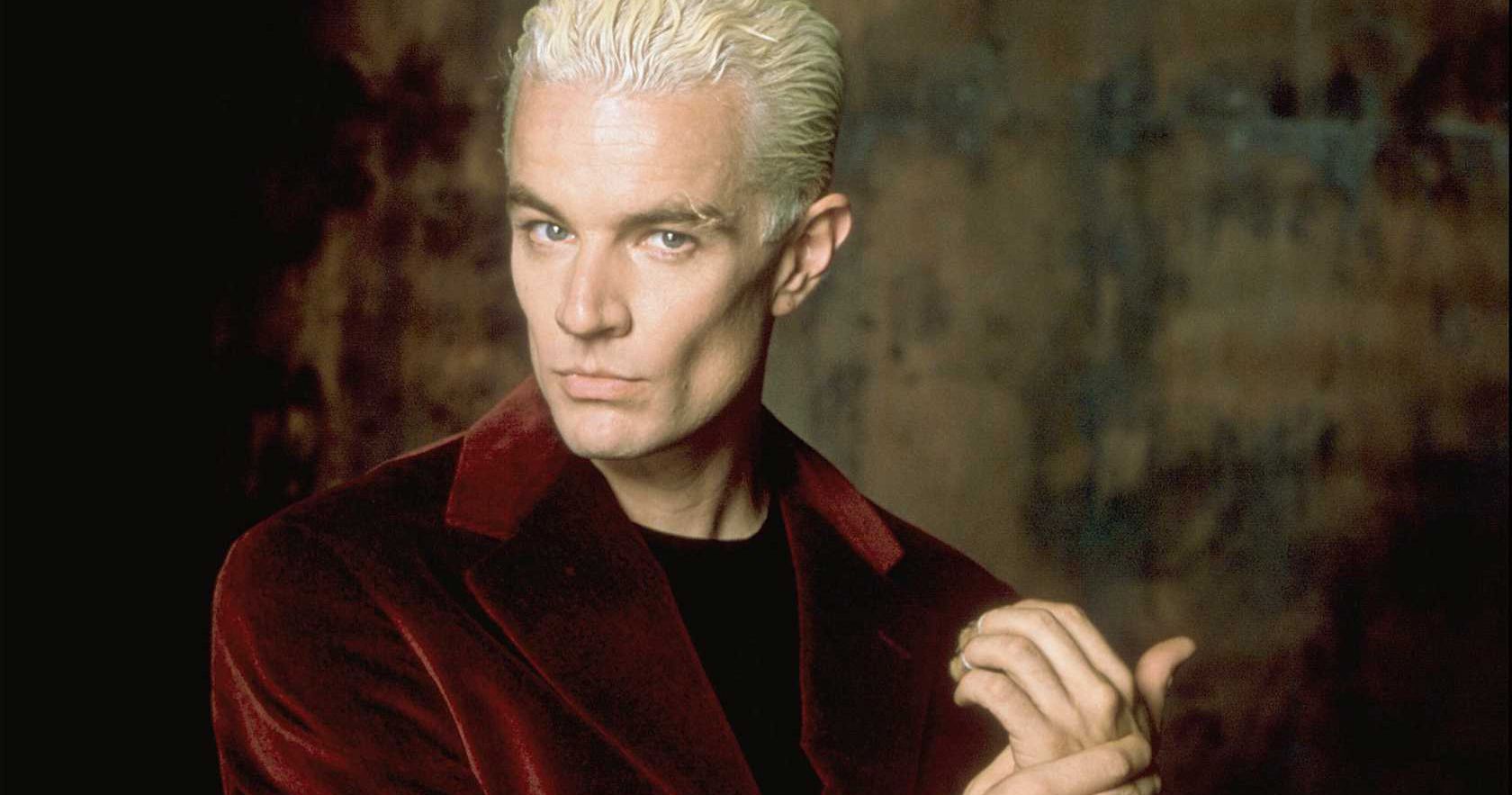Showrunner and filmmaker Joss Whedon is finding himself in hot water these days as more and more of his former collaborators are coming forward to share their past negative experiences with him on the sets of movies and TV shows. James Marsters joined Whedon's show Buffy the Vampire Slayer in season 2, playing the role of the vampire Spike, whose soul was eventually restored and he became a hero during the series final, and later reappeared on the spin-off Angel. During an episode of the Inside of You with Michael Rosenbaum podcast, Marsters recalled how Spike's popularity infuriated Whedon to the point of physical assault.
"I came along and I wasn't designed to be a romantic character, but then the audience reacted that way to it. And I remember he backed me up against a wall one day and he was just like, 'I don't care how popular you are, kid, you're dead. You hear me? Dead. Dead!' And I was just like, 'Uh, you know, it's your football, man. OK.'"
It seems that the reason Spike's elevation as a love interest angered Whedo because it went against his policy of portraying vampires and demons as negative characters, and not ones that viewers fall in love with. After Rosenbaum asked James Marsters if Whedon was angry at him, the latter responded that the showrunner, "was angry at the situation."
Although Marsters does not seem to harbor too much ill will towards Joss Whedon based on his behavior, this latest revelation is unlikely to help the filmmaker's reputation, which has taken a hit after Justice League actor Ray Fisher accused Joss Whedon of gross, abusive and unprofessional behavior on social media.
The whole affair was kickstarted in 2017, when Joss Whedon was brought on board to replace Zack Snyder as the director of Justice League, after Warner Bros., feared that Snyder's version of the movie would prove too dark for audiences. The resulting movie was an odd mish-mash of Whedon and Snyder's distinct styles of moviemaking and ended up satisfying neither fans nor critics.
Jump to three years later, and a sustained effort by Snyder's fans finally resulted in the filmmaker's recut of Justice League being announced to arrive at HBO Max next year. The renewed chatter around the film and the promise of Whedon's contributions to the project getting nullified prompted Fisher to finally speak up in public regarding his personal grievances against the filmmaker.
Whedon had not responded to Fisher's accusations, and the actor has since hinted that an NDA agreement is preventing him from substantiating his claims with hard evidence. The matter appeared to have reached a stalemate of sorts, but now these further accusations by Marsters are only going to bolster a growing belief among audiences that Whedon's behavior on the sets of his shows and films is far from ideal. Sooner or later, the filmmaker is going to have to address the accusations or his future in Hollywood may be in peril under the industry's newfound pushback against abusive behavior.

